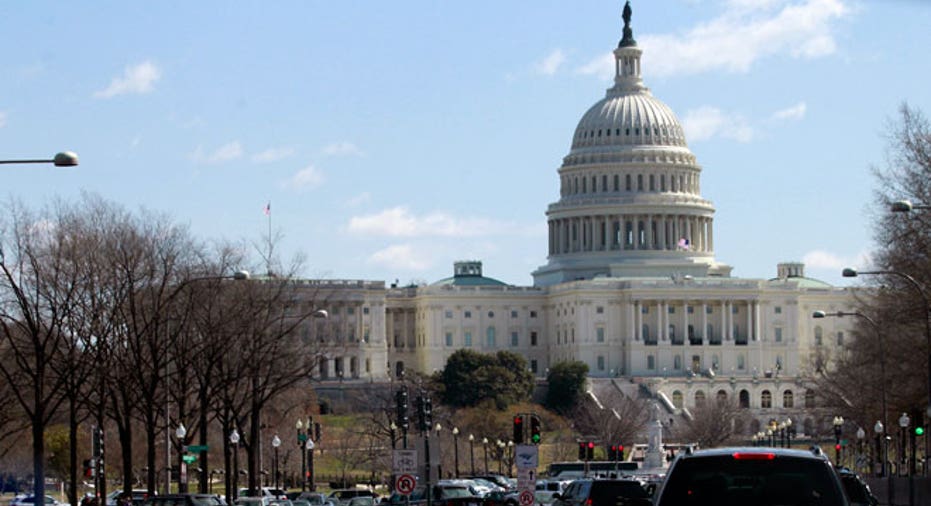Debt Ceiling Poses Danger for Small Businesses

It seems that many of our lawmakers in Washington, D.C. do not realize the serious consequences of failing to raise the nation's debt ceiling by October 17, in order to avoid any risk of defaulting on U.S. obligations.
While the government shutdown has hurt many people, failing to raise the debt ceiling, which is the limit of money the federal government can borrow through the sale of Treasury Bonds, could be even more crippling to the economy. Our elected officials are playing a dangerous game.
The debt ceiling can be raised by Congress, which has done it numerous times during the last half-century. Raising it does not add to the federal deficit, rather doing so would simply enable the government to pay its existing bills and avoid default.
Many Congressional leaders believe that federal government has gotten too big and should cut spending. However, dramatically slashing any budget is fraught with risks. For instance, cutting the defense budget would be unpopular and could compromise the nation's security. Further, which politician is going to take the lead in calling for cuts to Social Security and Medicare, programs that help senior citizens and other vulnerable citizens?
Another way to eliminate deficit spending is to increase revenues, which means increasing taxes, another unpopular move. While it would be beneficial if a combination of tax increases and spending cuts (translation: layoffs) could be agreed upon, enacting such measures too quickly could produce an undesired effect of sending the economy into another recession.
If some of this sounds familiar, you are right. The most recent debt-ceiling debate occurred during the summer of 2011. The result? Standard & Poor's downgraded its rating of U.S. debt, consumer confidence was shaken, stock prices plunged, hiring stalled and small businesses could not secure capital. We must avoid a repeat of this scenario.
The dollar is a trusted currency. Investors worldwide have confidence in it. However, if the U.S. fails to pay its debts, it could cause a global shockwave that certainly will result in a negative impact on the already fragile economic recovery. Defaulting on U.S. Treasury bonds would be devastating for corporations, investment funds, and pension plans that rely on their interest to make their payments to workers, investors and retirees.
The economy is in a fragile state because of political bickering. We cannot afford to make it worse. Some
$93 million a day of SBA-backed loans are in limbo. That is a cash infusion that startups and growing businesses across America need. Non-SBA loans are also on hold because IRS verification of tax return information has stopped. Just this week, I spoke to an entrepreneur who has all his paperwork ready and expected to close on $2 million loan to buy a warehouse and begin growing his business and hiring workers. All of his plans are on hold.
We have politicians squarely to blame if we wind up in another recession.
Rohit Arora is co-founder and CEO of Biz2Credit, an online resource that connects 1.6 million small business owners with 1,200+ lenders, credit rating agencies and service providers such as CPAs and attorneys via its Internet platform. Since 2007, Biz2Credit has secured more than $1 billion in funding for small businesses across the U.S.



















